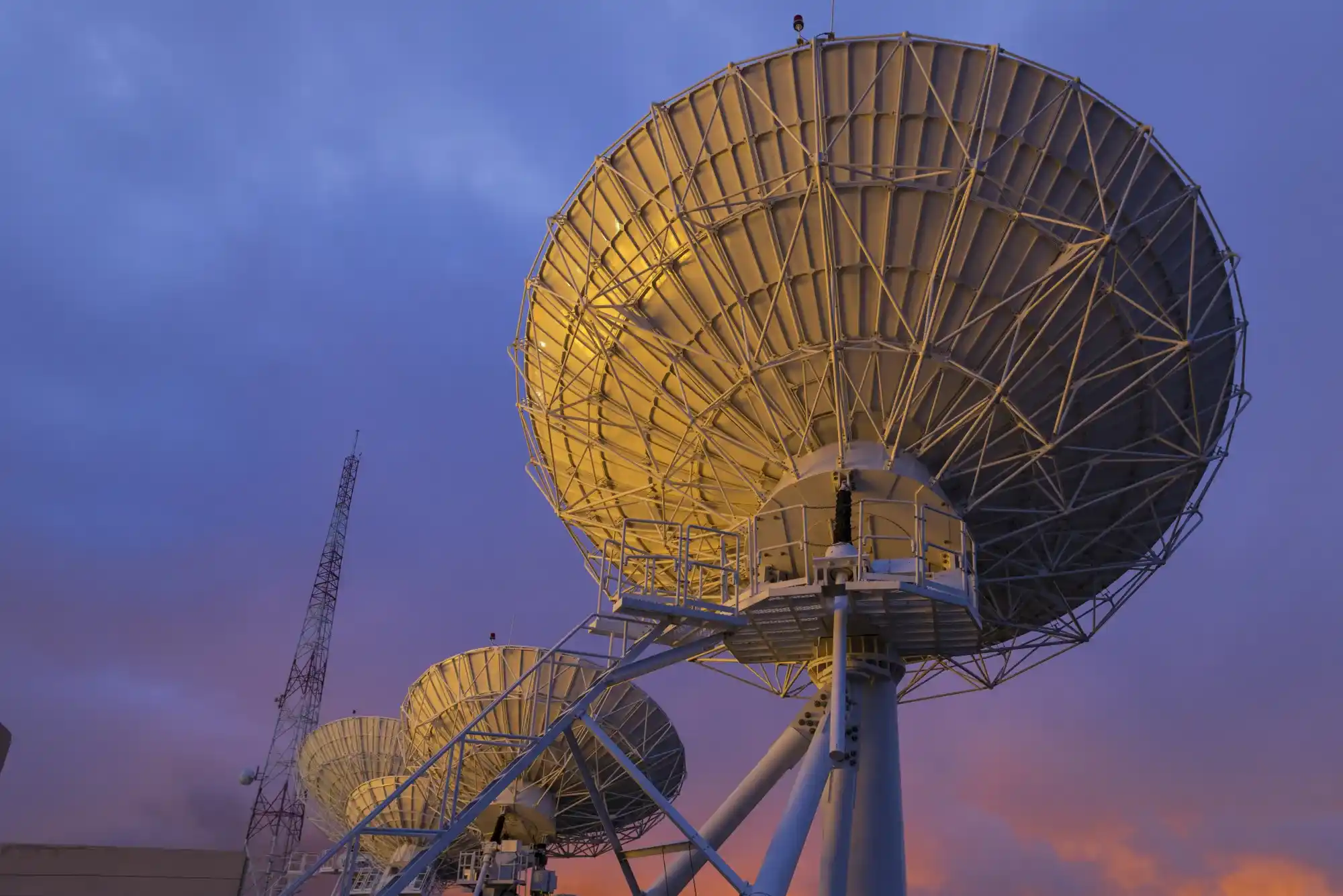Russia is systematically trying to disrupt the operation of Britain’s military communications and reconnaissance satellites. UK Space Command chief Major General Paul Tedman said this in an interview with the BBC, stressing that attempts at electronic suppression are recorded on a regular basis and are accompanied by close monitoring of the UK’s space assets.
According to Tedman, these are not isolated incidents but “fairly persistent” activity:
“We are seeing the Russian side regularly jamming our satellites — on a reasonably sustained basis.”
By the commander’s estimate, the United Kingdom operates roughly six dedicated military spacecraft used for secure communications and intelligence, and they are equipped with counter-jamming capabilities.
Tedman added that Russian systems are not limited to creating interference:
“They have payloads on board that are capable of detecting our satellites and attempting to collect information from them.”
Not Just Britain: Germany Also in the Crosshairs
The threat of interference in space is international in scope. In September, German Defence Minister Boris Pistorius said Russia had been tracking two Intelsat satellites used by the Bundeswehr. According to him, the range of potential actions is broad:
“They can jam, blind, manipulate, or kinetically disable satellites.”
These remarks were made at a space conference in Berlin and served as another warning to allies about the risk of escalation in near-Earth space.
UK–US Joint Manoeuvres: Stress-Testing Orbital Resilience
Amid intensifying competition, London and Washington carried out their first coordinated manoeuvre involving military satellites. Between 4 and 12 September, a US spacecraft was repositioned in orbit to inspect a UK satellite and confirm it was functioning properly. The test formed part of Operation Olympic Defender, a programme aimed at strengthening the resilience and protection of allied space infrastructure.
Tedman praised the outcome:
“The manoeuvre was flawlessly executed together with US Space Command, and I could not be more pleased or proud of the rapid progress we are making with our allies.”
He also outlined the broader trajectory:
“We are now, together with our allies, conducting advanced orbital operations to protect and defend our shared national and military interests in space.”
Political Backdrop: Rising Tensions with Russia
The uptick in space activity mirrors a broader rise in tensions with Moscow. Last week, UK Foreign Secretary Yvette Cooper said London is “ready to act” after President Donald Trump publicly urged NATO allies to shoot down Russian aircraft that violate their airspace. Speaking at the UN General Assembly in September, Cooper condemned what she called Russia’s “provocative and reckless” incursions into NATO airspace in recent weeks — including incidents over Estonia, Poland, and Romania.
According to the BBC and UK Space Command, the episodes described have become part of a new “grey zone” of contestation — from electronic pressure to active manoeuvres in orbit. In response, London and Washington are accelerating joint operations and resilience checks, signalling a readiness to protect critical space-based communications and intelligence services.
This article was prepared based on materials published by Bloomberg. The author does not claim authorship of the original text but presents their interpretation of the content for informational purposes.
The original article can be found at the following link: Bloomberg.
All rights to the original text belong to Bloomberg.


















